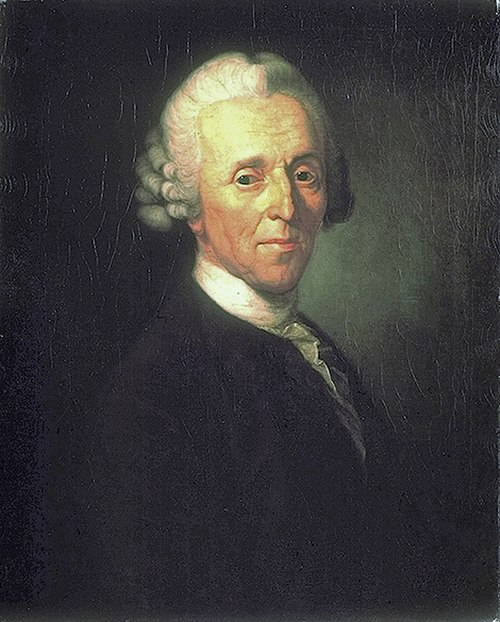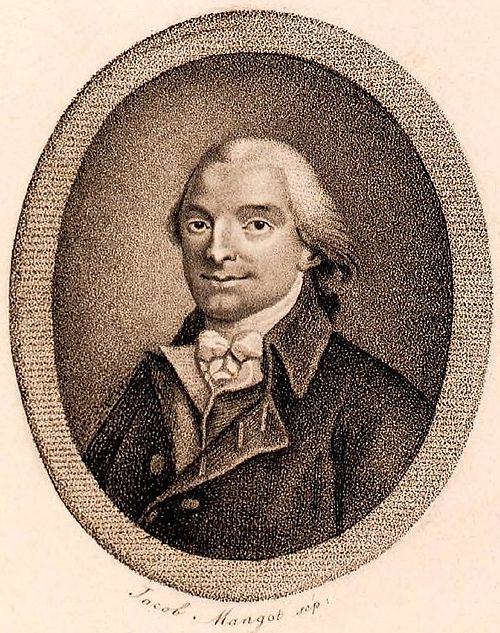Legendnoun
A unrealistic story depicting past events.
Legendnoun
A story of unknown origin describing plausible but extraordinary past events.
Legendnoun
A plausible story set in the historical past, but whose historicity is uncertain.
Legendnoun
A story in which a kernel of truth is embellished to an unlikely degree.
Legendnoun
A fabricated backstory for a spy, with associated documents and records; a cover story.
Legendnoun
A person related to a legend or legends.
Legendnoun
A leading protagonist in a historical legend.
Legendnoun
A person with legend-like qualities, such as extraordinary accomplishment.
Legendnoun
A key to the symbols and color codes on a map, chart, etc.
Legendnoun
An inscription, motto, or title, especially one surrounding the field in a medal or coin, or placed upon a heraldic shield or beneath an engraving or illustration.
Legendverb
To tell or narrate; to recount.
Legendnoun
That which is appointed to be read; especially, a chronicle or register of the lives of saints, formerly read at matins, and in the refectories of religious houses.
Legendnoun
A story respecting saints; especially, one of a marvelous nature.
Legendnoun
Any wonderful story coming down from the past, but not verifiable by historical record; a myth; a fable.
Legendnoun
An inscription, motto, or title, esp. one surrounding the field in a medal or coin, or placed upon an heraldic shield or beneath an engraving or illustration.
Legendverb
To tell or narrate, as a legend.
Legendnoun
a story about mythical or supernatural beings or events
Legendnoun
brief description accompanying an illustration
Legend
A legend is a genre of folklore that consists of a narrative featuring human actions perceived or believed both by teller and listeners to have taken place within human history. Narratives in this genre may demonstrate human values, and possess certain qualities that give the tale verisimilitude.
Fablenoun
A fictitious narrative intended to enforce some useful truth or precept, usually with animals, etc. as characters; an apologue. Prototypically, Aesop's Fables.
Fablenoun
Any story told to excite wonder; common talk; the theme of talk.
Fablenoun
Fiction; untruth; falsehood.
Fablenoun
The plot, story, or connected series of events forming the subject of an epic or dramatic poem.
Fableverb
To compose fables; hence, to write or speak fiction; to write or utter what is not true.
Fableverb
To make up; to devise, and speak of, as true or real; to tell of falsely; to recount in the form of a fable.
Fablenoun
A Feigned story or tale, intended to instruct or amuse; a fictitious narration intended to enforce some useful truth or precept; an apologue. See the Note under Apologue.
Fablenoun
The plot, story, or connected series of events, forming the subject of an epic or dramatic poem.
Fablenoun
Any story told to excite wonder; common talk; the theme of talk.
Fablenoun
Fiction; untruth; falsehood.
Fableverb
To compose fables; hence, to write or speak fiction ; to write or utter what is not true.
Fableverb
To feign; to invent; to devise, and speak of, as true or real; to tell of falsely.
Fablenoun
a deliberately false or improbable account
Fablenoun
a short moral story (often with animal characters)
Fablenoun
a story about mythical or supernatural beings or events
Fable
Fable is a literary genre: a succinct fictional story, in prose or verse, that features animals, legendary creatures, plants, inanimate objects, or forces of nature that are anthropomorphized, and that illustrates or leads to a particular moral lesson (a ), which may at the end be added explicitly as a concise maxim or saying. A fable differs from a parable in that the latter excludes animals, plants, inanimate objects, and forces of nature as actors that assume speech or other powers of humankind.































